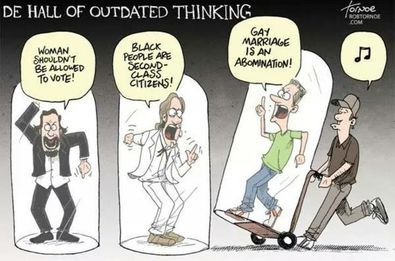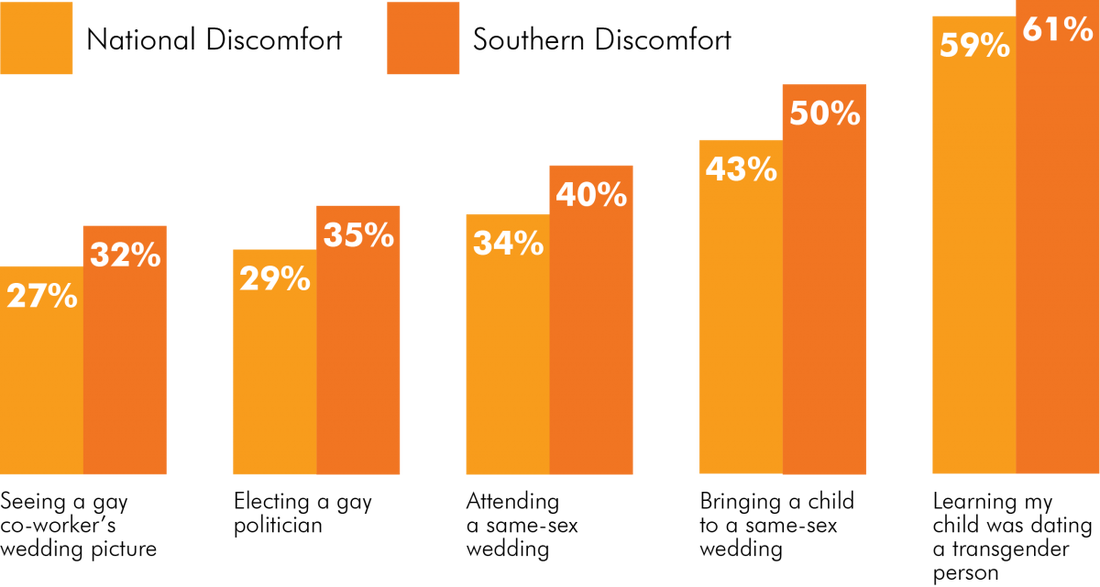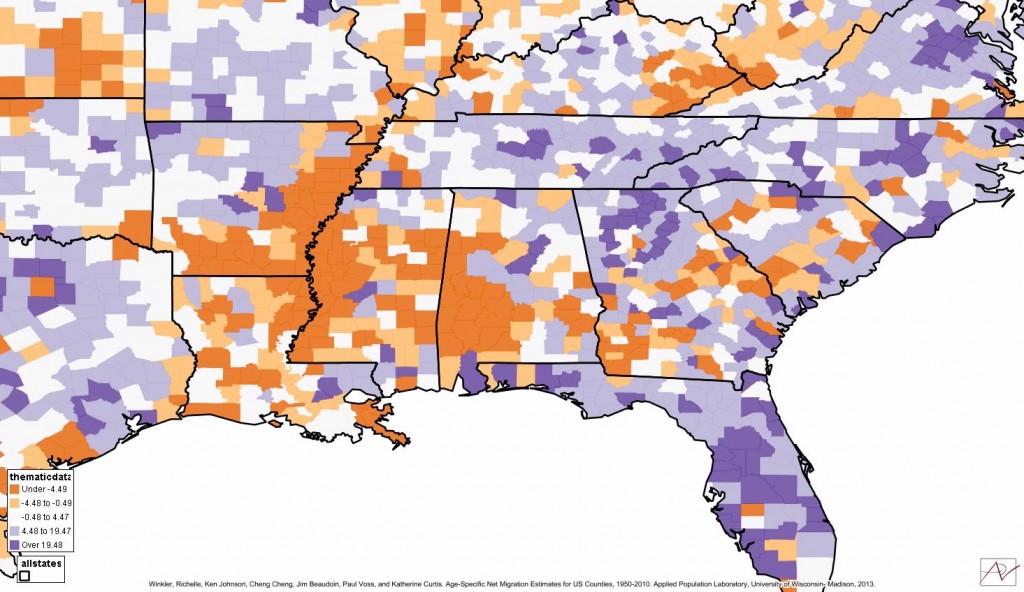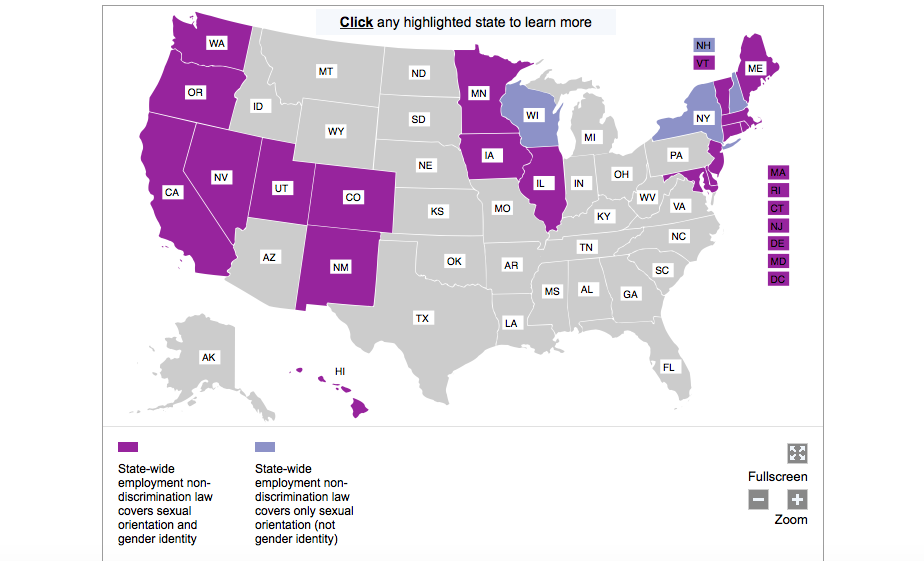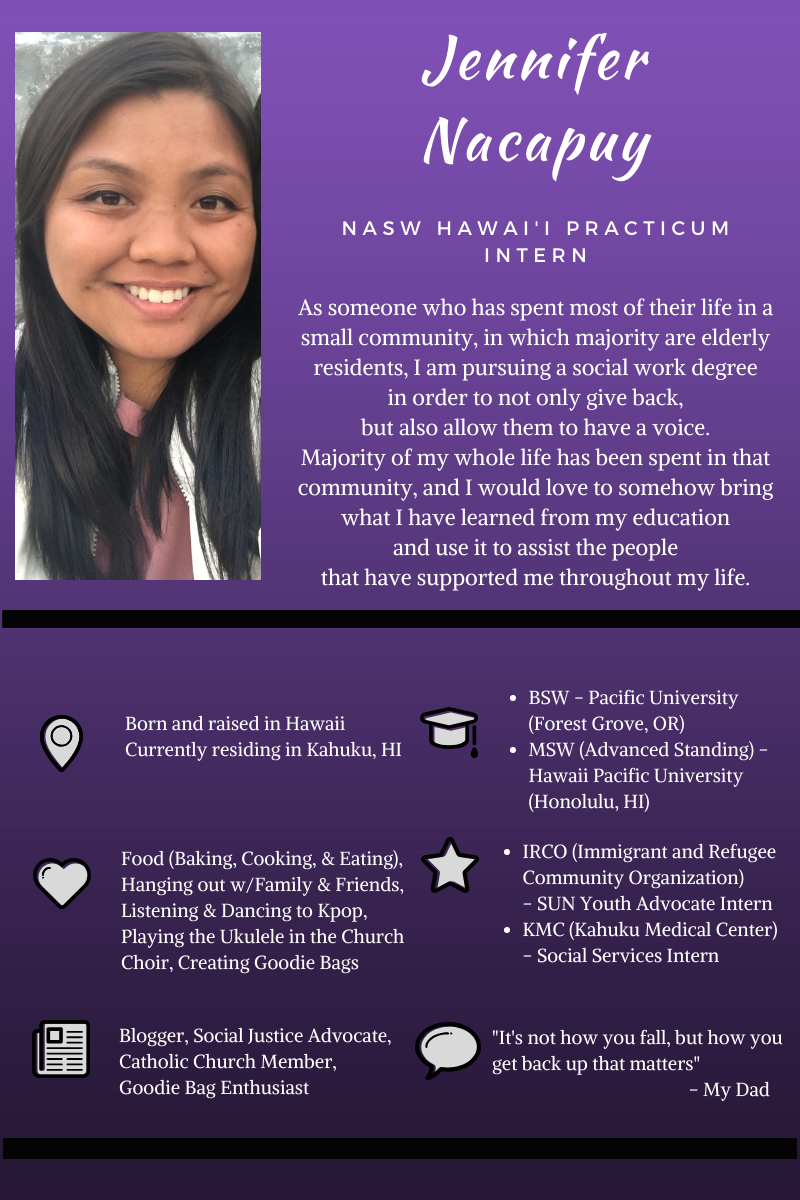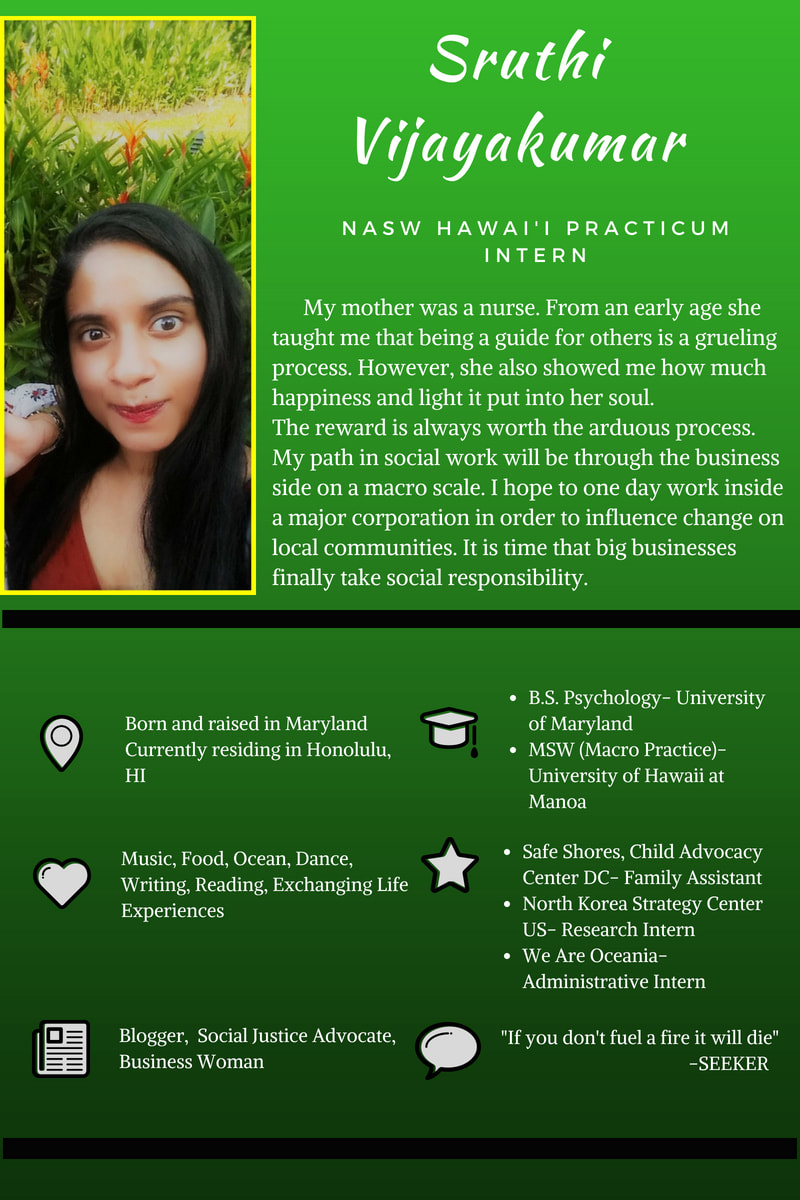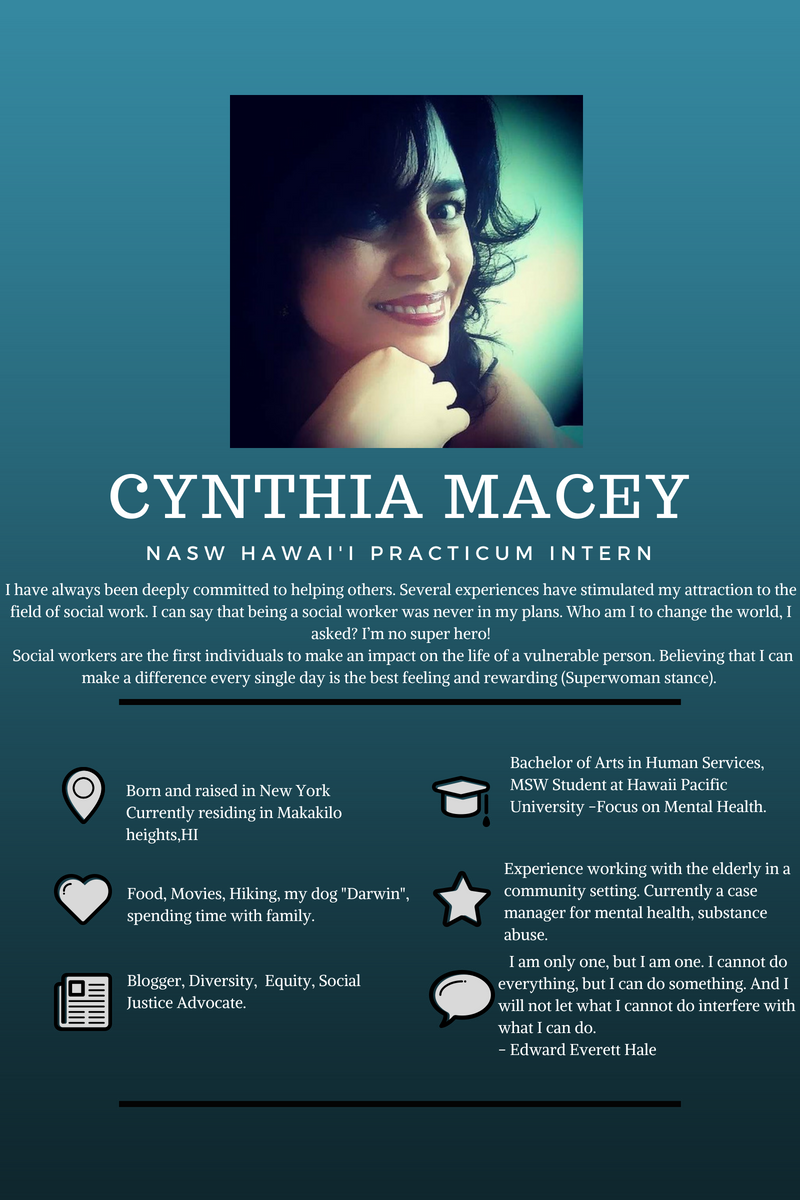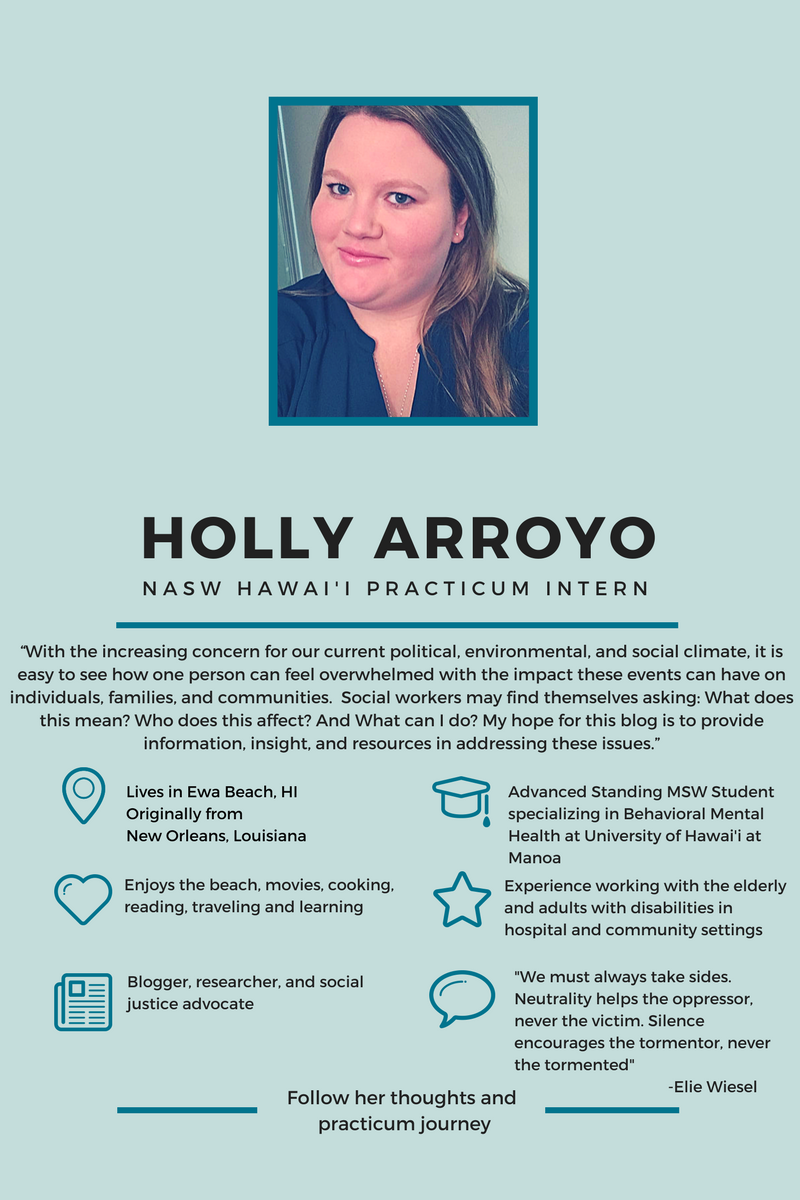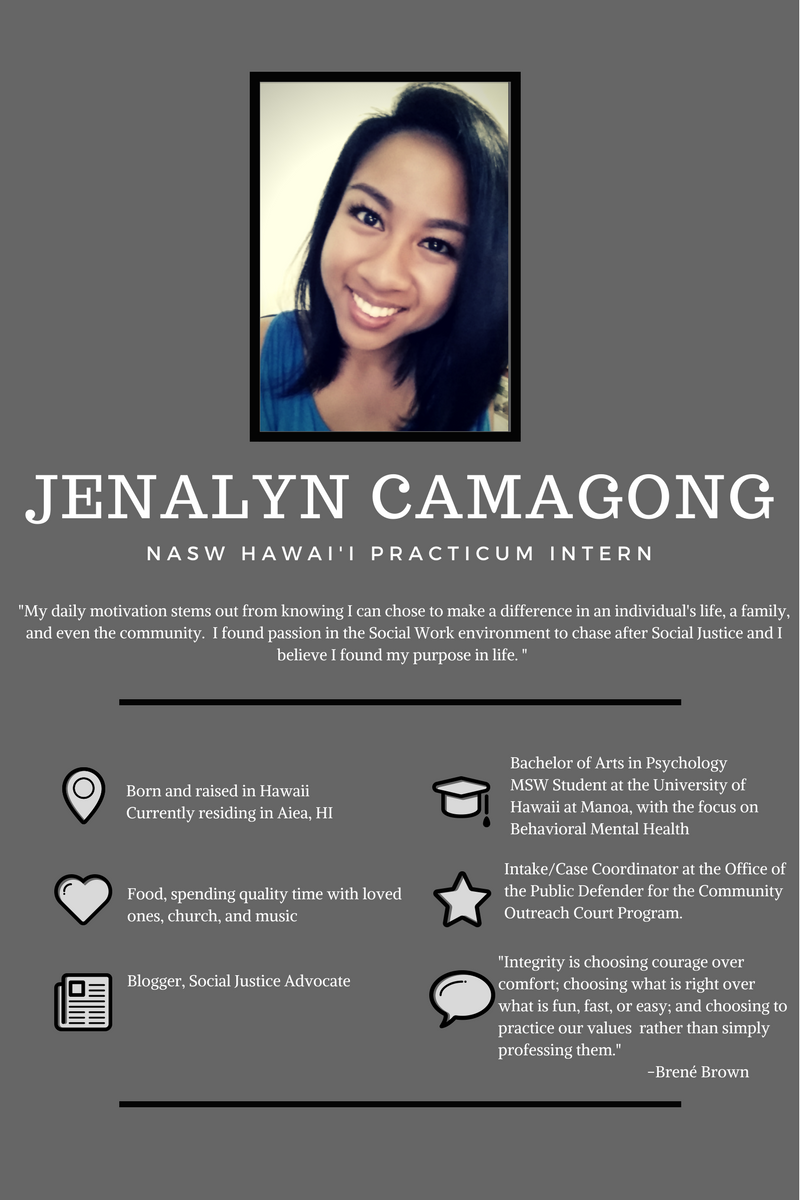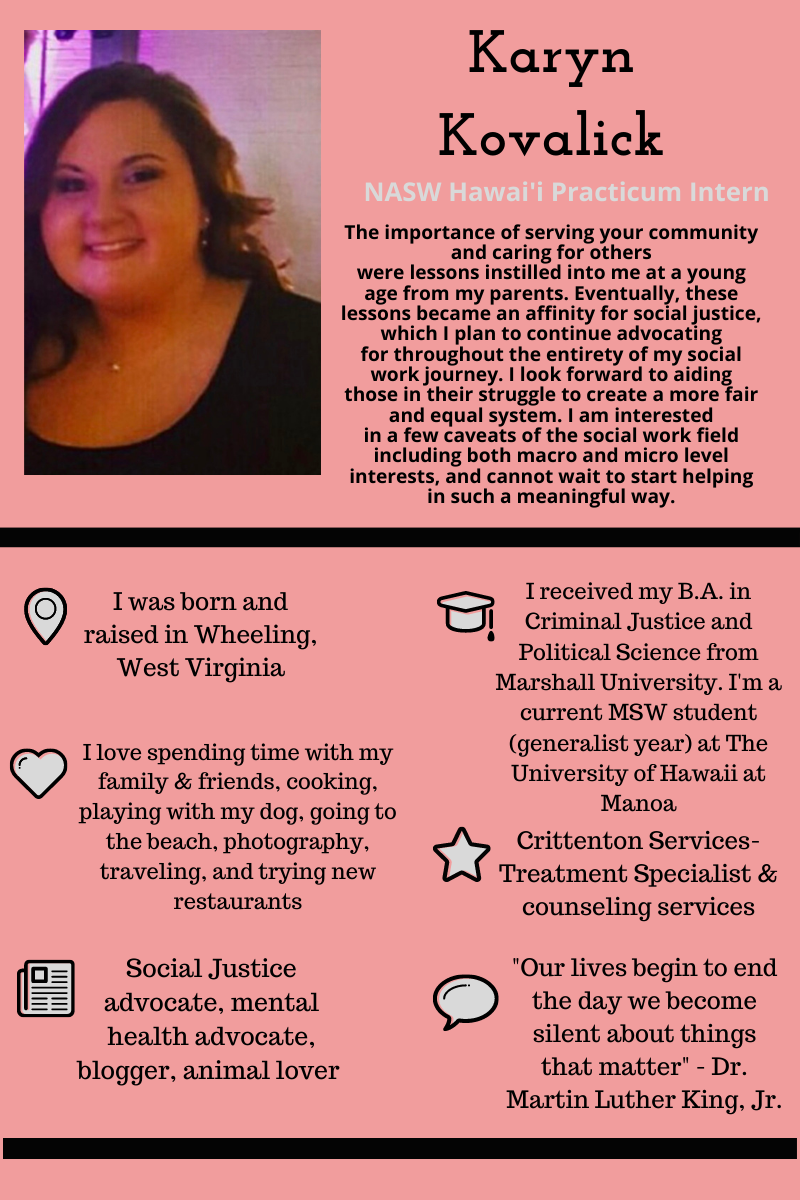|
The recent inequitable laws that have been passed in states like Mississippi and Georgia, reflect the continued pattern of oppression in an area of the country that is unable to break free from the cycle of discrimination. On a sunny Friday in June of 2015, millions of Americans rejoiced because of a new ruling that allowed gay and lesbian couples the ability to finally obtain the same basic right as everyone else: The ability to spend the rest of their lives with the one they love. Thanks to the historic decision passed by the Nation’s Supreme Court, same-sex couples could get married in the United States. The passing of the marriage equality act was symbolic in that it symbolized a dramatic paradigm shift, highlighting the ostensibly immense progression gained from just a few years prior, or so we thought. This historic ruling was faced with heavy opposition and backlash from individual states across the country with the majority of this opposition, coming from Southern states. The LGBTQ community is the newest community in the South that continues to be tested as a result of on-going discrimination. In a study done by, GLAAD in 2015, it showed that across the board people in the South shown more discomfort with the LGBTQ population than any other group. When looking at the issue from a geographical lens, southern states in America always have and continue to have, some of the worst laws protecting their citizens from discrimination. Although the remarkable freedom-to-marry law was passed in 2015, almost a year later states like Mississippi, North Carolina and Georgia passed legislation that not only contradicts the ruling but actually protects discrimination even more. Discrimination is unfortunately not a new concept in the United States and the state of Mississippi has a dark history of oppression and discrimination that is still deeply embedded in the culture today. In a study done in 2012 on African American discrimination in Jackson, Mississippi, 79% of the women interview reported that discrimination caused them stress and almost 73% of the men interviewed said that discrimination continued to cause them stress in that area (Wright, Wallace, Wisnesky, Donnelly & Zozula, 2015). In fact, members of the LGBTQ community in the South (especially those who are working class and from communities of color) still are not treated as full citizens. More than a third of all LGBTQ people in the United States live in the South; yet not a single Southern state has passed an employment non-discrimination law to protect LGBTQ people at work (Strauss, 2016). In a study done by Tom Larson in 1992, migration to certain states also affects discrimination. Areas with higher rates of emigration (people leaving) have a higher likelihood towards discrimination. Areas with more immigration have a lower prevalence of discrimination. This could be due to the fact that there is less of a chance for structural inequality to be changed or fixed in any way in that particular area. Mississippi for example, has a difficult time maintaining residents and the new residents that do come to the state possess similar characteristics of those who already live there. Not only is this bad for the economy of Mississippi, but the people of Mississippi do not grow intellectually because of a lack of diversity and a biased education system. The map below shows migration patterns, with orange being heavy migration and purple being less. When looking at states that pass these discriminatory laws despite progression occurring throughout the rest of the country, it is important to look at them contextually in an effort to ascertain how best to combat this type of extremism. When looking at these laws through a geographical and structural inequality lens, it becomes clear just how far our country has to go in terms of education and the spread of diversity, to reach these discriminatory states in the South. Larson, T. (1992). The Effect of Discrimination and Segregation of Black Male Migration. The Review of Black Political Economy. 20(3), 53-73.
LGBT Life in the South. GLAAD. Retrieved from: http://www.glaad.org/southernstories/life Strauss, M. (2016). Liberation Southern Style. New Labor Forum (Sage Publications Inc.), 25(1), 100-103. doi:10.1177/1095796015620370 Wright, B. E., Wallace, M., Wisnesky, A. S., Donnelly, C. M., Missari, S., & Zozula, C. (2015). Religion, Race, and Discrimination: A Field Experiment of How American Churches Welcome Newcomers. Journal For The Scientific Study Of Religion, 54(2), 185-204. doi:10.1111/jssr.12193
1 Comment
|
Author2020 Spring Semester blog posts are written by Jennifer Nacapuy. 2018-2019 Academic Year blog posts are written by Sruthi Vijayakumar & Cynthia Macey. 2017-2018 blog posts were written by Holly Arroyo & Jenalyn Camagong CATEGORIES
All
ARCHIVES
September 2020
|

